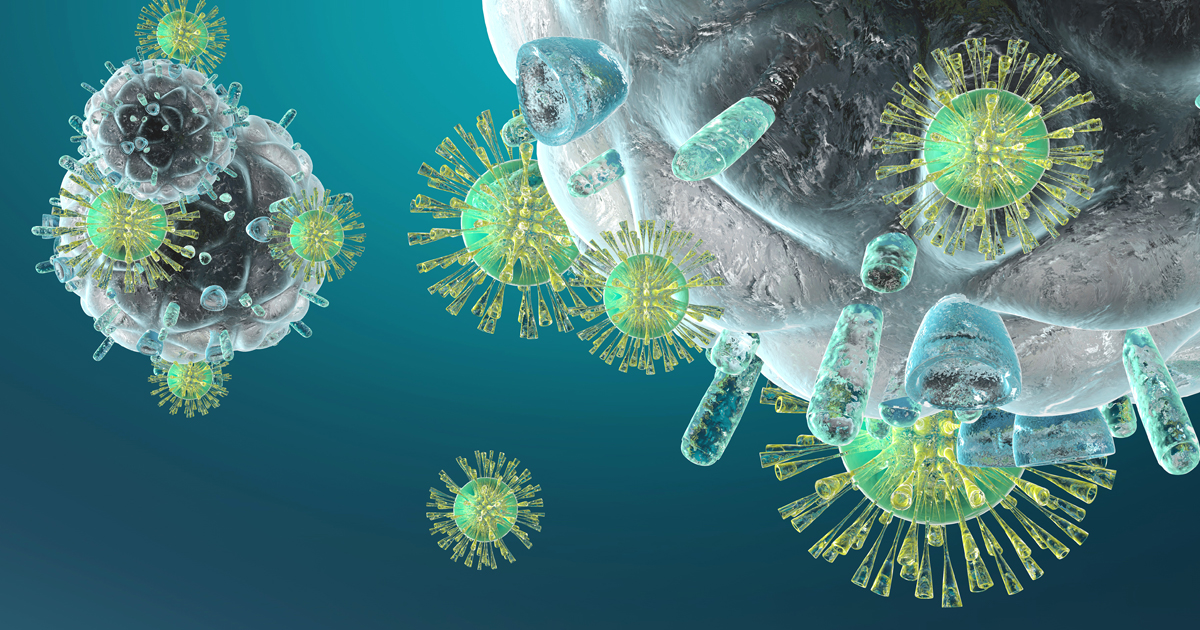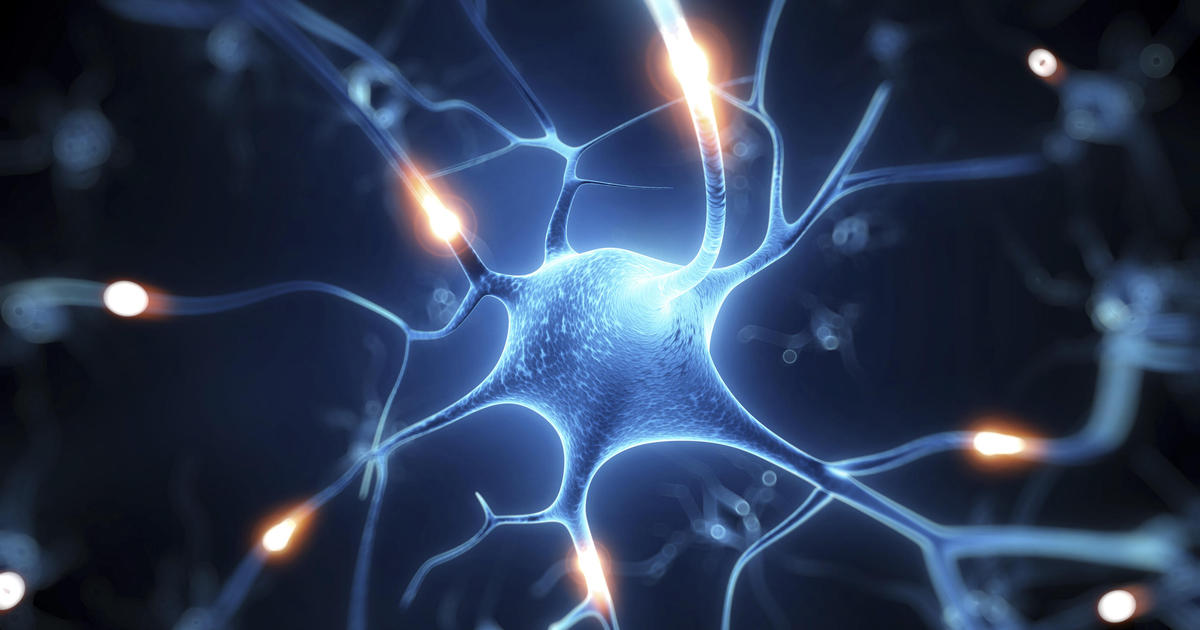What Causes And Increases The Risk Of Amyotrophic Lateral Sclerosis?
Improper Immune Response

Every human being has an immune system that is supposed to respond appropriately to threats of invasion by harmful substances, like viruses and bacteria. However, patients with amyotrophic lateral sclerosis might experience abnormal immune responses, where the immune system mistakenly attacks and kills some of the body's necessary and healthy cells, such as nerve cells. As some research demonstrates, immune responses can be protective of cells from neurodegenerative diseases like ALS, while other responses seem to cause damage. Some studies have indicated the secondary presence of T-cell infiltration and inflammation in the brains of those with amyotrophic lateral sclerosis, while others have found these to be primary presences.
Keep reading to learn about the next cause of ALS.
Mishandled Proteins

It is important that proteins are appropriately recycled within the cells since this helps neurons function at their best. When a protein gets mishandled, the cell gets harmed to the point it cannot maintain or repair itself. This mishandling allows a buildup of these now abnormal proteins to accrue, which leads to the deaths of nerve cells. The deaths of these nerve cells mean the muscles in the body do not receive the messages they need from the brain and become weaker over time. As time goes on, the patient is less able to function physically. One of the proteins identified as being mishandled is called ubiquilin 2. In patients with amyotrophic lateral sclerosis, it becomes mutated and results in the formation of a non-working ubiquilin 2 enzyme, which is what triggers the accumulation of abnormal proteins.
Get to know the next cause of ALS now.
